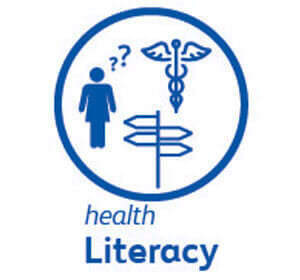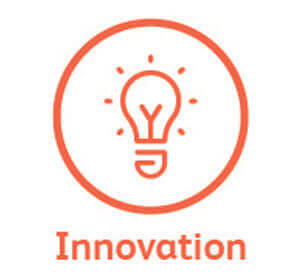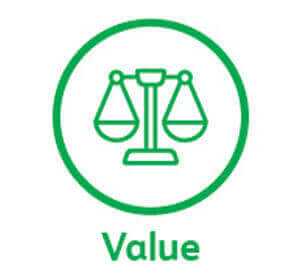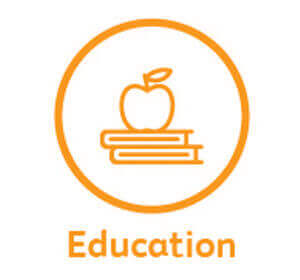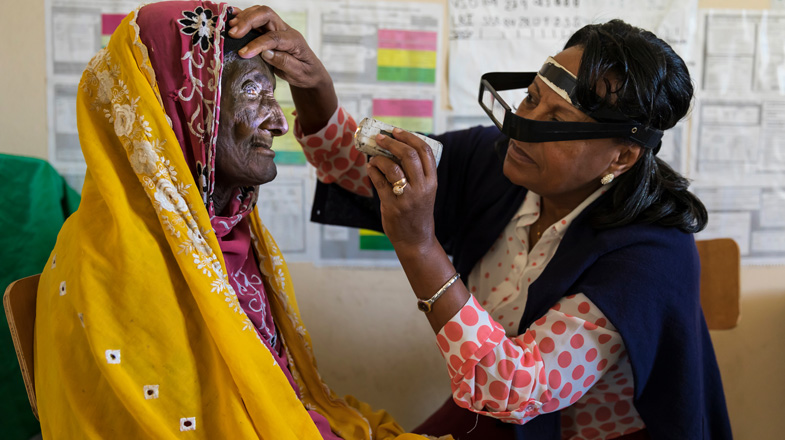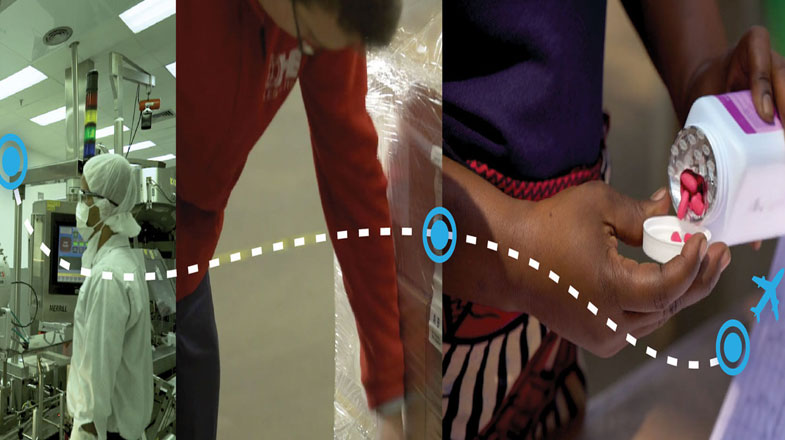- Science
- Clinical Trials
- Guide to Clinical Trials Your participation makes a difference
- Clinical Trials in Children Designed to improve kids' health
- Data and Results Sharing our Results
- Integrity and Transparency Building Trust
- Diversity Equity and Representation
- Plain Language Study Results Trial Result Summaries
- Expanded Access & Compassionate Use Possible Treatment Options
- Find a Trial
- Areas of Focus
- Rare Disease Smaller populations but big impact
- Internal Medicine Extending lifespans worldwide
- Inflammation & Immunology Treatment at the molecular level
- Vaccines Preventing the spread of infections
- Oncology The science of optimism
- Anti Infectives Combatting an evolving risk
- Areas of Innovation
- Gene Therapy Breakthroughs become treatments
- Medicinal Sciences The next generation of science
- Precision Medicine Developing tailored medicines
- Maternal Immunization Protecting newborns at the start
- mRNA Technology Unleashing the next wave of scientific innovations
- Diseases & Conditions
- Coronavirus Resources
- Product Pipeline
- Research Sites
- Clinical Trials
- Products
- How Drugs are Made
- Branded vs. Generic Learn the difference
- Biologics & Biosimilars Cures found in nature
- Commitment to Quality Maintaining the highest standards
- Global Supply Strategic manufacturing locations
- Manufacturing Sites Where medicine is made in the U.S.
- Medicine Safety
- Health Literacy Learning to be well
- Treatment Choices Learning about treatment decisions
- Partnering With Patients Helping others by reporting side effects
- Tips for Patients Preventing medication errors
- Reporting Adverse Events
- Counterfeiting Preventing medication errors
- Product Safety
- Product List
- Product Contacts
- PfizerPro for Professionals
- Patient Assistance Programs
- Distributors
- How Drugs are Made
- Stories
- Newsroom
- About
- People
- Executives Our senior-most leadership
- Board Members The people steering our company
- Scientists Our experts making discoveries
- Patient Stories Our patients
- Colleague Stories Our colleagues
- Responsibility
- Ethics & Compliance Each of us is responsible
- Responsible Business Breakthroughs that change patients’ lives
- Patient Advocacy & Engagement Putting Patients First
- Global Impact Meeting urgent needs worldwide
- Diversity, Equity, and Inclusion Everyone has something to offer
- Environmental Sustainability Our responsiblity to the environment
- Human Rights Furthering dignity and worth
- Health & Safety
- Intellectual Property The benefits of fair competition
- EHS Governance
- Misinformation
- Programs & Policies
- Grants Support for independent research
- Political Partnership Supporting like-minded organizations
- Working with Healthcare Professionals Collaboration to improve lives
- Prescription Value & Pricing How to lower patient costs
- Privacy Principles Commitment to personal data privacy
- Ready for Cures Improving Access to Medicines
- Transparency in Grants Committed to Disclosure
- Policy Positions
- Investors
- Investors Overview Information for stockholders
- Why Invest Why to join us in our mission
- Events & Presentations Calendar of upcoming events
- Financial Reports Quarterly reports and more
- Investor News Announcements about our performance
- Stock Information Charts and data
- Shareholder Services Information on stock transactions
- Corporate Governance
- Corporate Governance Overview Gaining insight into our performance
- Board Committees & Charters Defining the corporate structure
- The Pfizer Board Policies Ensuring ethical leadership
- Corporate Governance FAQs Learn more about our approach
- Contact Our Directors Email any of our Directors
- Purpose
- History
- Careers
- Partners
- People
HEALTH LITERACY, INNOVATION, VALUE IN HEALTHCARE AND EDUCATION


Topics of conversation to consider through the menopause journey
Life expectancy has increased for women overall over the last few decades. Because of this, more women are expected to live more of their lives after menopause. To support their menopause journey, women can focus on Health Literacy, Innovation, Value in Healthcare and Education.
Explore and learn more about these conversation starters below.
Health Literacy
Health Literacy is a way of describing the skills people need to look after their health. It plays an important role in how patients are able to understand and act on health information. In women, menopause represents a key transition and comes with a broad set of questions and considerations about medical care. Health literacy is important at every stage of life, but may be particularly important to consider during and after menopause.
Health Innovations
Since the first menopause hormone replacement therapy was approved many decades ago, there has been ongoing innovation in menopause care. Beyond new medicines, innovation can represent new or different technologies and tools for diagnosis, drug delivery methods, or healthcare policies, services or systems.
Value in Healthcare
The word value describes the relative worth, utility, or importance of something in particular. In the healthcare system, patients, providers, employers, insurers and others may have different perspectives on value in healthcare. A patient’s perspective on value in healthcare through the menopause journey is an important topic to consider.
Education
Women may not know what to expect during and after menopause. Education can help! Women should speak with their OB/GYN, nurse practitioner, or primary care doctor to get information. Information about menopause and associated topics such as hot flashes, vaginal atrophy and osteoporosis can support those discussions. Sometimes even understanding the right questions to ask is a good start.
